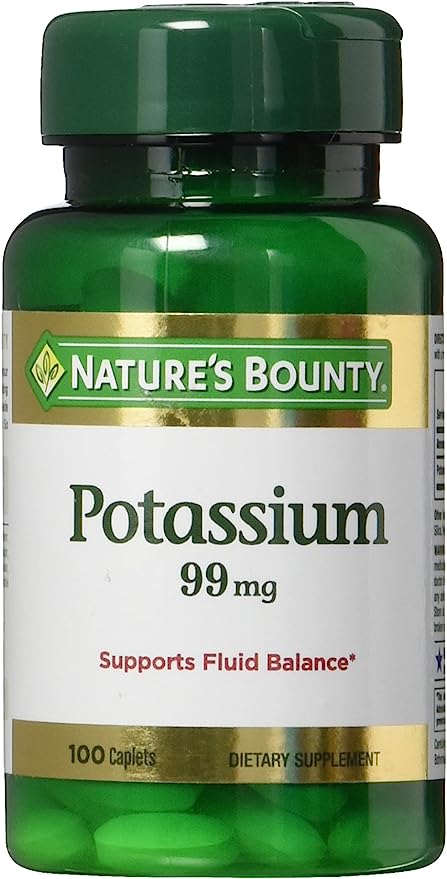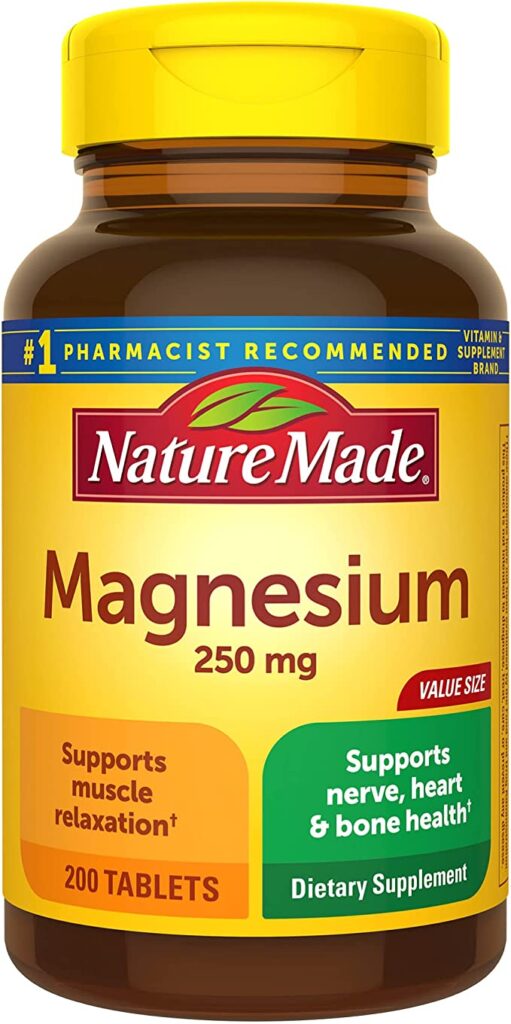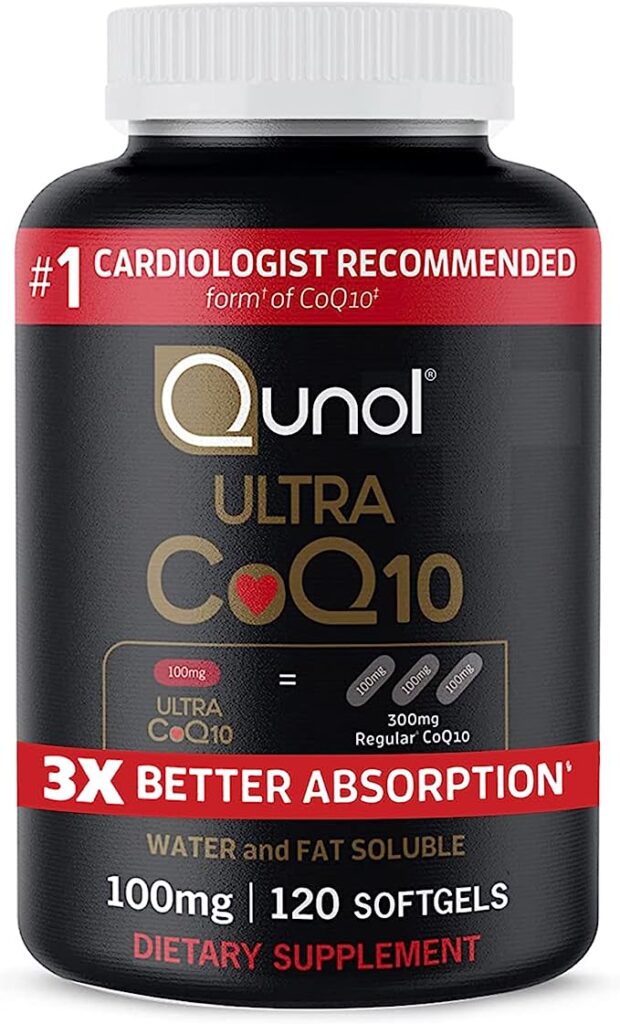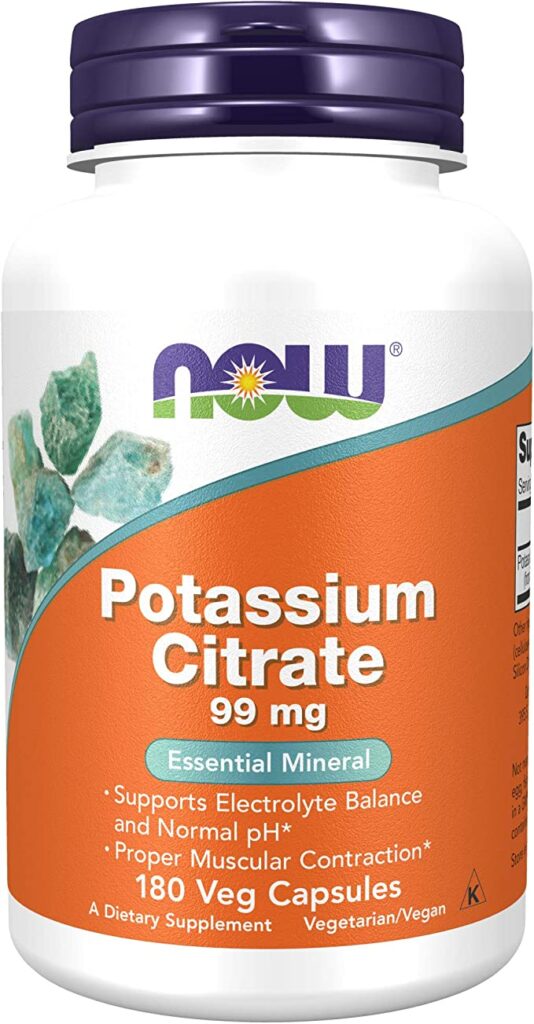1. Introduction
Maintaining healthy blood pressure is vital for overall well-being and plays a significant role in promoting a healthy heart. High blood pressure, also known as hypertension, can increase the risk of heart disease, stroke, and other serious health complications. However, with a few simple lifestyle modifications and the adoption of healthy habits, it is possible to lower blood pressure and improve cardiovascular health. In this article, we will explore effective strategies to help you lower your blood pressure naturally and achieve a healthier lifestyle.
2. Understanding Blood Pressure
Blood pressure is a measure of the force exerted by the blood against the walls of the arteries as the heart pumps it throughout the body. It is measured using two numbers: systolic pressure (the higher number) and diastolic pressure (the lower number). Normal blood pressure is typically around 120/80 mmHg. Understanding how blood pressure is measured and what the numbers mean is crucial in managing and lowering blood pressure effectively.

Nature’s Bounty Potassium Gluconate 99mg, 100 Caplets
3. The Dangers of High Blood Pressure
High blood pressure puts a strain on the arteries and the heart, increasing the risk of heart disease, stroke, kidney problems, and other health complications. It is often referred to as the “silent killer” because it usually has no symptoms. The long-term effects of untreated high blood pressure can be severe and can significantly impact a person’s quality of life. That’s why it is crucial to monitor your blood pressure regularly and take necessary steps to keep it within a healthy range.
4. Lifestyle Modifications for Lowering Blood Pressure
4.1. Adopt a Heart-Healthy Diet
A heart-healthy diet plays a significant role in managing blood pressure. It is recommended to adopt the Dietary Approaches to Stop Hypertension (DASH) eating plan, which emphasizes fruits, vegetables, whole grains, lean proteins, and low-fat dairy products. This diet is rich in nutrients such as potassium, magnesium, and fiber, which have been shown to have blood pressure-lowering effects. By incorporating these nutrient-rich foods into your diet and reducing the consumption of processed foods, saturated fats, and sugary drinks, you can help lower your blood pressure naturally.
4.2. Maintain a Healthy Weight
Excess weight can contribute to high blood pressure. By maintaining a healthy weight through a balanced diet and regular exercise, you can reduce the strain on your cardiovascular system and lower your blood pressure. Aim for a body mass index (BMI) within the recommended range, which is typically between 18.5 and 24.9. Engaging in regular physical activity, such as brisk walking, jogging, or swimming, can not only help you lose weight but also improve your overall cardiovascular health.
4.3. Engage in Regular Physical Activity
Regular physical activity has numerous benefits for cardiovascular health, including lowering blood pressure. Aim for at least 150 minutes of moderate-intensity aerobic exercise or 75 minutes of vigorous-intensity exercise per week. Incorporate activities you enjoy, such as brisk walking, cycling, swimming, or dancing, into your routine. Exercise not only helps lower blood pressure but also improves circulation, strengthens the heart, and reduces stress levels.
4.4. Limit Sodium Intake
Excessive sodium consumption can contribute to high blood pressure. It is important to read food labels and choose low-sodium or sodium-free options whenever possible. Limit the use of table salt and avoid processed foods that are high in sodium. Instead, flavor your meals with herbs, spices, and natural ingredients. By reducing your sodium intake, you can help lower your blood pressure and protect your cardiovascular health.
4.5. Reduce Stress Levels
Chronic stress can elevate blood pressure and have a negative impact on overall health. Finding healthy ways to manage stress is crucial for maintaining healthy blood pressure levels. Incorporate relaxation techniques such as deep breathing exercises, meditation, or yoga into your daily routine. Engaging in hobbies, spending time in nature, or seeking support from loved ones can also help reduce stress levels. Taking time for self-care and prioritizing activities that bring you joy can significantly impact your blood pressure and overall well-being.
4.6. Limit Alcohol Consumption
Excessive alcohol consumption can raise blood pressure and also negatively affect overall health. If you choose to drink, do so in moderation. According to guidelines, moderation means up to one drink per day for women and up to two drinks per day for men. By limiting alcohol consumption, you can help lower your blood pressure and reduce the risk of associated health problems.

Nature Made Magnesium Oxide 250 mg, Dietary Supplement for Muscle, Heart, Bone and Nerve Health Support, 200 Tablets, 200 Day Supply
5. Importance of Medication Adherence
In some cases, lifestyle modifications alone may not be sufficient to lower blood pressure to a healthy level. If your doctor prescribes medication for hypertension, it is crucial to take it as directed. Adhering to your prescribed medication regimen can significantly improve blood pressure control and reduce the risk of complications. It is important to communicate regularly with your healthcare provider and follow their guidance to achieve optimal blood pressure management.
6. Natural Remedies for Lowering Blood Pressure
In addition to lifestyle modifications and medication, certain natural remedies may have blood pressure-lowering effects. While these remedies should not replace prescribed medications, they can be used as complementary approaches. It is important to consult with your healthcare provider before trying any new supplements or herbal remedies to ensure they are safe and appropriate for your individual health needs.
6.1. Consume Potassium-Rich Foods
Potassium helps regulate blood pressure by counteracting the effects of sodium. Incorporate potassium-rich foods such as bananas, oranges, spinach, avocados, and sweet potatoes into your diet. These foods not only provide essential nutrients but can also contribute to lower blood pressure levels.
6.2. Increase Magnesium Intake
Magnesium is essential for cardiovascular health and may help lower blood pressure. Incorporate magnesium-rich foods into your diet, including dark leafy greens, nuts, seeds, and whole grains. Additionally, magnesium supplements may be considered under the guidance of a healthcare professional.
6.3. Try Coenzyme Q10 Supplements
Coenzyme Q10 is a natural antioxidant that supports heart health and may help lower blood pressure. Talk to your doctor about the appropriate dosage and whether it may be beneficial for you. Coenzyme Q10 supplements can be a complementary addition to your blood pressure management plan.
6.4. Explore Herbal Supplements
Certain herbs, such as garlic, hawthorn, and olive leaf extract, have been traditionally used to support cardiovascular health and manage blood pressure. However, it is important to consult with a healthcare professional before starting any herbal supplements, as they may interact with medications or have adverse effects.

CoQ10 100mg Softgels – Qunol Ultra 3x Better Absorption Coenzyme Q10 Supplements – Antioxidant Supplement For Vascular And Heart Health & Energy Production – 4 Month Supply – 120 Count
7. Monitor and Track Your Blood Pressure
Regularly monitoring your blood pressure is crucial for understanding your progress and making necessary adjustments to your lifestyle. Investing in a reliable home blood pressure monitor and keeping a log of your readings can provide valuable information. Share this information with your healthcare provider to help them assess the effectiveness of your treatment plan and make any necessary changes.
8. Conclusion
Lowering blood pressure is essential for maintaining a healthy heart and reducing the risk of cardiovascular diseases. By adopting a heart-healthy diet, maintaining a healthy weight, engaging in regular physical activity, managing stress, limiting sodium and alcohol intake, adhering to prescribed medications, and considering natural remedies, you can effectively lower your blood pressure and improve your overall well-being. Remember to consult with your healthcare provider for personalized advice and guidance on managing your blood pressure.
9. FAQs
Q1. Can stress really affect blood pressure?
Yes, chronic stress can elevate blood pressure. Finding healthy ways to manage stress, such as relaxation techniques and engaging in enjoyable activities, can help reduce its impact on your blood pressure.
Q2. Are there any specific foods that can help lower blood pressure?
Foods rich in potassium, such as bananas and leafy greens, and foods high in magnesium, such as nuts and whole grains, have been associated with lower blood pressure.
Q3. How long does it take to lower blood pressure through lifestyle modifications?
The time it takes to lower blood pressure through lifestyle modifications can vary from person to person. Consistency and commitment to healthy habits are key. It is important to work closely with your healthcare provider to monitor your progress and make any necessary adjustments to your treatment plan.
Q4. Can natural remedies replace prescribed medications for high blood pressure?
Natural remedies should not replace prescribed medications for high blood pressure. However, certain remedies, such as potassium-rich foods and magnesium supplements, can complement your treatment plan. Always consult with your healthcare provider before trying any new remedies or supplements.
Q5. Is it possible to lower blood pressure without medication?
In some cases, lifestyle modifications alone may be sufficient to lower blood pressure to a healthy level. However, every individual is different, and it is important to work with your healthcare provider to determine the most appropriate treatment plan for you.

